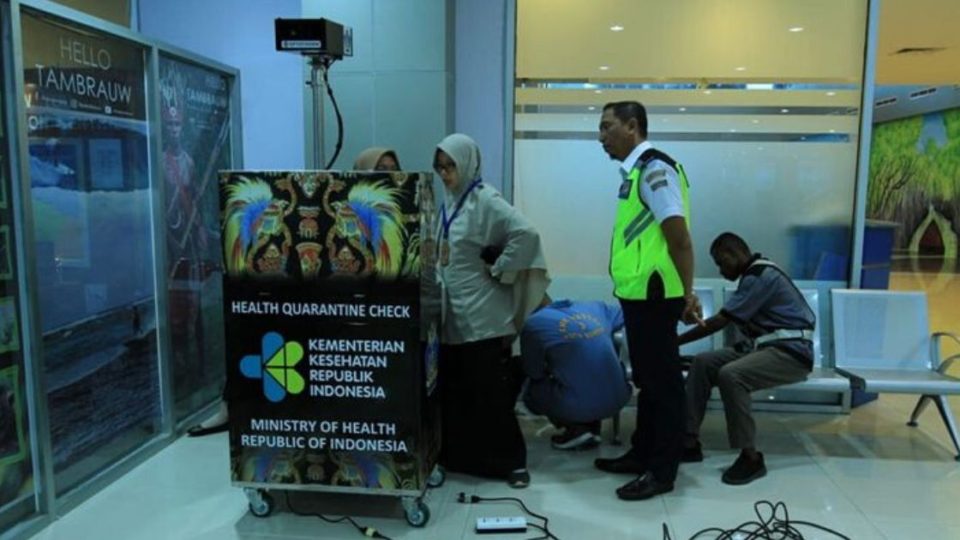Officials from the Bali Health Agency are now tracing the travel history of a Japanese national who tested positive for COVID-19 following his visit to the island, days after a Health Ministry official said that the patient did not represent a case of the deadly disease by seemingly confusing the name of the disease with the name of the virus that causes it.
Ketut Suarjaya, who heads the Bali Health Agency, told Detik that the Japanese national had stayed at a hotel in Kuta during his visit between Feb. 15 and 19.
“We have disinfected the facility, and traced whoever has had a contact with the foreign national. So far we’re safe, no one is sick,” Suarjaya said.
He reassured the public that the agency will continue monitoring the situation until at least Mar. 4 and suggested that local residents should immediately go to the doctor if they experience any fever symptoms.
As reported by Japanese public broadcaster NHK, the Japanese man is known to be in his 60s and a staff member at a senior care facility in Japan. He reportedly traveled to Bali with his family and was hospitalized upon his return to Tokyo for severe dyspnea on Feb. 19. He later tested positive for the novel coronavirus on Feb. 22.
Achmad Yurianto, secretary of the Health Ministry’s Disease Prevention and Control Directorate, previously said that the patient was infected with severe acute respiratory syndrome coronavirus 2 (SARS-CoV-2), which he claims is different from COVID-19.
While the official name of the novel coronavirus disease is COVID-19, the virus that causes the disease is officially known as SARS-CoV-2, according to a special webpage on naming this epidemic published by the World Health Organization (WHO).
Achmad has maintained his statement thus far, where he said there is about 70 percent difference between COVID-19 and SARS-CoV-2, while also alluding to asymptomatic cases, in which people infected with SARS-CoV-2 have not shown symptoms of COVID-19.
“We’re not making a fuss on whether or not they are different, it’s all about staying vigilant for us,” Achmad said, as quoted by Kompas.
There is zero confirmed coronavirus infection in Indonesia, which has raised concerns about the country’s ability to detect the disease. The coronavirus outbreak has sickened more than 81,000 people and has been detected in at least 38 countries, including in neighboring Malaysia and Singapore. The latest death toll stands at more than 2,700 people, most of whom were from mainland China.




